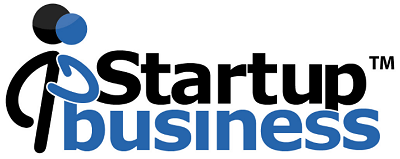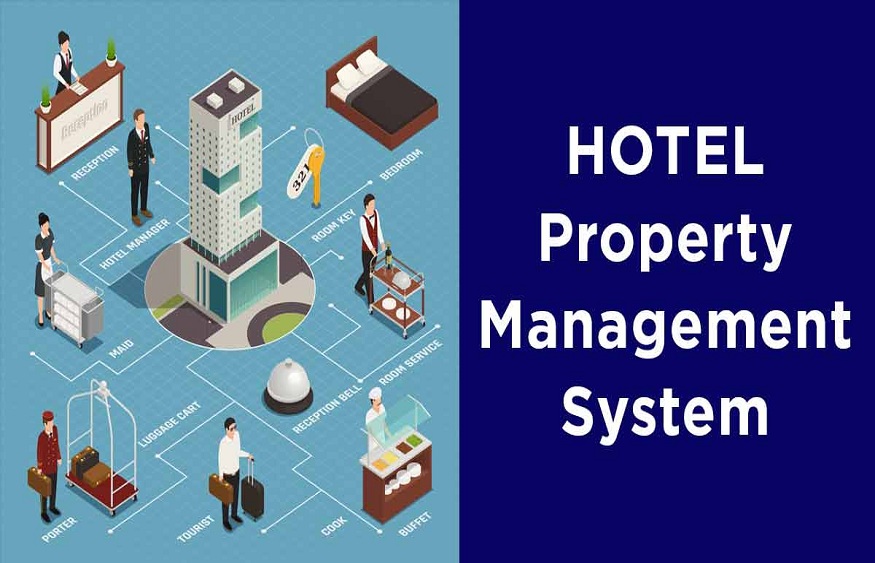For hotel’s to remain profitable in today’s In today’s fast-paced and competitive hospitality industry, efficient management is key to the success of any hotel or property. Hotel owners and managers must find ways to deliver exceptional guest experiences while simultaneously optimizing their operations. This is where Hotel Management Systems (HMS) and Property Management System (PMS) come into play.
Understanding Hotel Management Systems (HMS)
Hotel Management System, commonly referred to as HMS, are comprehensive software solutions designed to streamline the day-to-day operations of a hotel. These systems integrate various aspects of hotel management, enabling efficient management of guest bookings, reservations, room allocation, and other crucial functions.
1. Reservation Management
One of the primary functions of an HMS is reservation management. Guests can make bookings online, and the system instantly updates room availability, reducing the risk of overbooking and ensuring an efficient allocation of rooms.
2. Guest Profiles and Preferences
HMS stores guest profiles, including preferences, special requests, and past stay history. This data allows hotels to offer personalized services, creating a more memorable experience for guests and fostering guest loyalty.
3. Front Desk Operations
The front desk is the heart of a hotel’s operations. HMS helps front desk staff manage check-ins, check-outs, and other guest services efficiently. It can also handle key card issuance and track room status.
4. Housekeeping Management
Coordinating housekeeping staff and room cleaning schedules is simplified with an HMS. Real-time updates on room status allow for quick turnover, ensuring rooms are ready for new arrivals promptly.
5. Billing and Invoicing
HMS automates billing and invoicing processes, making it easier to generate bills, track payments, and manage accounts efficiently. This minimizes errors and reduces the time spent on administrative tasks.
6. Reporting and Analytics
A robust HMS provides data analysis and reporting capabilities, helping hotel managers make informed decisions. They can track occupancy rates, revenue, and guest satisfaction metrics.
Exploring Property Management Systems (PMS)
Property Management Systems, commonly known as PMS, are specifically designed to manage the operations of a property, whether it’s a hotel, resort, vacation rental, or any other lodging establishment. PMS software goes beyond basic front desk functions and extends its capabilities to other areas of property management.
1. Centralized Reservations
PMS centralizes reservations, enabling efficient management of room bookings across multiple channels. Whether reservations come from the hotel’s website, online travel agencies (OTAs), or other sources, the PMS consolidates them into a single platform for easy handling.
2. Rate and Inventory Management
Property Management Systems allow hoteliers to control room rates and inventory across different distribution channels. This dynamic pricing ensures that room rates are competitive and can be adjusted in real-time based on demand and market conditions.
3. Channel Management
PMS systems often integrate with channel managers, allowing hotels to distribute their inventory to various online travel agencies and booking platforms. This wider reach maximizes a property’s exposure to potential guests.
4. Guest Check-in and Check-out
PMS simplifies the check-in and check-out process, making it more convenient for guests. Mobile check-in and digital key features enhance the guest experience and save time for both guests and staff.
5. Housekeeping Management
Effective housekeeping management is essential to maintaining a property’s cleanliness and ensuring a seamless guest experience. PMS helps in assigning tasks, tracking room statuses, and managing the housekeeping staff efficiently.
Integration between HMS and PMS
The integration of Hotel Management Systems and Property Management Systems is increasingly common in the hospitality industry. This synergy offers several advantages for hotel owners and managers:
1. Seamless Operations
When HMS and PMS are integrated, there is a seamless flow of information between the front desk and the property management team. This improves the overall efficiency of the hotel’s operations.
2. Real-time Updates
Integration ensures that real-time information on reservations, check-ins, and room status is available to all staff members, reducing the risk of confusion and errors.
3. Comprehensive Guest Data
With integrated systems, hotel staff can access comprehensive guest profiles, allowing them to offer personalized services and address guest preferences effectively.
4. Improved Reporting
The combination of HMS and PMS provides an extensive data pool for analytics. This helps hotel managers make data-driven decisions to enhance guest satisfaction and maximize revenue.
Benefits of Hotel Management Systems and Property Management Systems
1. Enhanced Guest Experience
The primary goal of any hotel is to provide exceptional experiences for its guests. HMS and PMS streamline operations, ensuring that guests can check-in and check-out quickly and that their preferences are taken into account. This results in a more pleasant and memorable stay.
2. Increased Efficiency
Both systems significantly improve the efficiency of hotel operations. Tasks that used to be time-consuming and prone to errors, such as check-ins, reservations, and billing, are now automated, allowing staff to focus on more valuable guest interactions.
3. Cost Reduction
HMS and PMS reduce the need for manual data entry and administrative tasks, which can be labor-intensive. This, in turn, leads to cost savings for the hotel.
4. Inventory Management
The dynamic rate and inventory management capabilities of PMS ensure that hotels can optimize their revenue by adjusting room rates based on demand. This results in higher profitability.
5. Centralized Control
Hotel managers can control all aspects of their property from a centralized system. Whether it’s monitoring room occupancy or tracking financial transactions, these systems provide a holistic view of the hotel’s performance.
6. Data Security
Both HMS and PMS systems are equipped with robust data security features to protect guest information and financial data. This is crucial in an age where data breaches can be damaging to a hotel’s reputation.
The Future of HMS and PMS
The hospitality industry is continuously evolving, and so are the technology solutions that support it. Here are some trends and developments we can expect in the future:
1. Mobile Integration
Mobile apps for both guests and staff are likely to become more prevalent. This will enable guests to manage their bookings, check-in, and access their rooms using their smartphones. For staff, mobile tools will improve efficiency and communication.
2. Artificial Intelligence and Machine Learning
AI and machine learning will play a more prominent role in HMS and PMS. These technologies can be used to predict guest preferences, optimize room rates, and even automate certain guest services.
3. Sustainability and Energy Management
With increasing emphasis on sustainability and energy conservation, we can expect HMS and PMS to incorporate features that help hotels reduce their environmental footprint. This might include better control over lighting, heating, and cooling systems.
4. Enhanced Data Analytics
The capabilities of data analytics will continue to grow, providing more insights into guest behavior and preferences. This will enable hotels to tailor their services even more effectively.
Conclusion
In the dynamic world of the hospitality industry, Hotel Management Systems and Property Management Systems have become indispensable tools for hotel owners and managers. These systems not only streamline operations but also enhance the overall guest experience by providing efficient, personalized, and secure services. As technology continues to advance, the integration of these systems.

